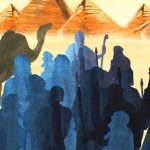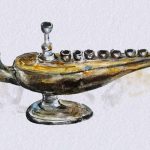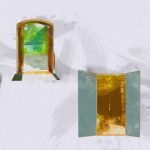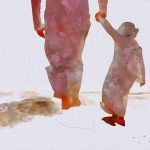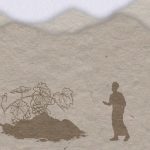Bereishit archive
-
D’var Torah: Parashat Vayigash
This week, the Chief Rabbi identifies the crucial ingredient for Jewish survival over thousands of years. If you were building a new town or city what is the first structure Read more... -
D’var Torah: The Chief Rabbi’s D’var Torah for Chanukah
This week, the Chief Rabbi explains which surprising character trait we are taught to value on Chanukah What is the secret message of Chanukah? Rav Naftali of Ropshitz, one of Read more... -
D’var Torah: Parashat Vayeishev
From this week’s Parasha of Vayeishev, the Chief Rabbi sets out a new way of understanding personal failure. When is failure a blessing from Hashem? Parashat Vayeishev provides us with Read more... -
D’var Torah: Parashat Vayishlach
What is the secret to giving the ultimate gift? What is the best possible gift you can give to another person? In Parshat Vayishlach we are told how Yaakov desperately Read more... -
D’var Torah: Parashat Vayeitzei
We asked Hashem the same question that so many children ask of their parents: ‘are we there yet?’ This was his answer… How quickly do we reach the light at Read more... -
D’var Torah: Parashat Toldot
In this week’s D’var Torah for Toldot, the Chief Rabbi asks what can be learnt from Eisav’s favourite outfit. What is your most favourite outfit of clothing? For what special Read more... -
D’var Torah: Parashat Chayei Sarah
In this week’s D’var Torah for Chayei Sarah, the Chief Rabbi asks what character trait we can learn from the Kinneret. Rivka and Ephron were opposites. In Parashat Chayei Sarah Read more... -
D’var Torah: Parashat Vayeira
In this week’s D’var Torah for Vayeira, the Chief Rabbi asks how it can be that the first prayer recorded in Torah was one that failed. The second letter of Read more... -
D’var Torah: Parashat Lech Lecha
In this week’s D’var Torah for Lech Lecha, the Chief Rabbi asks why Avraham Avinu, of all people needed reassurance from Hashem. Why was Avram afraid? In Parashat Lech Lecha Read more... -
D’var Torah: Parashat Noach
In this week’s D’var Torah for Noach, the Chief Rabbi explains why we should aspire to live a life like Moshe rather than like Noach. What would your first action Read more...

